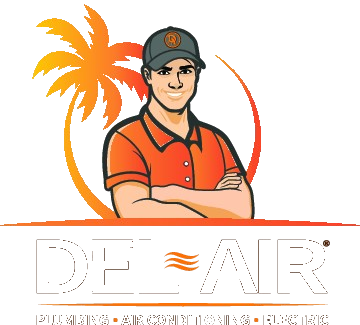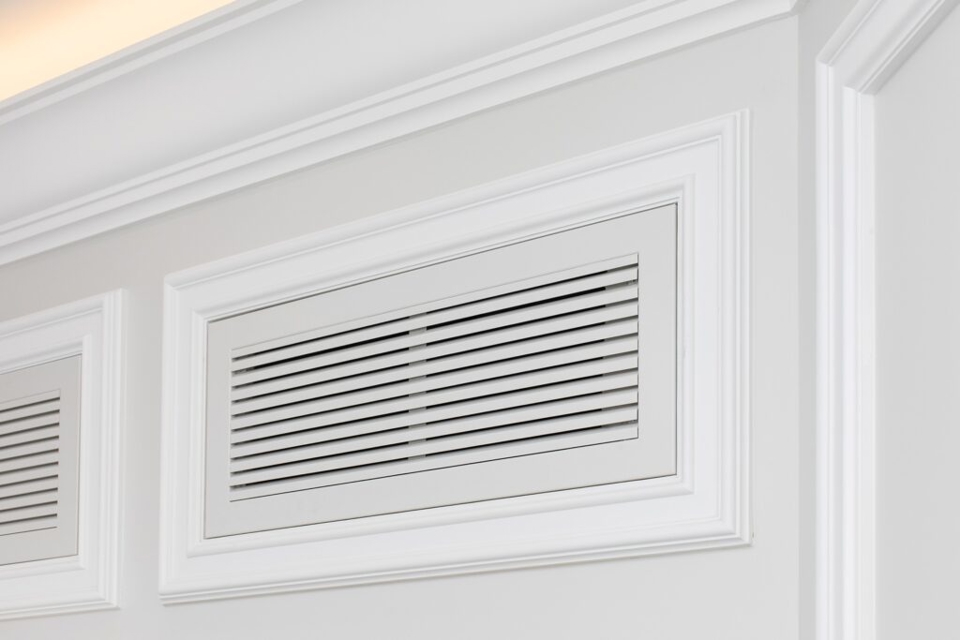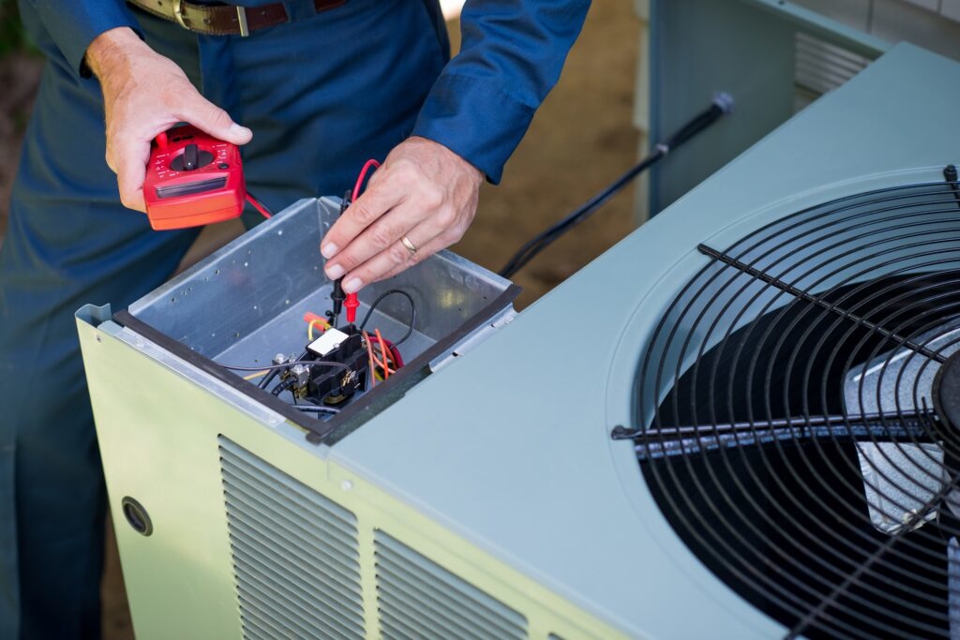
As Florida residents, we know how important it is to have a functioning AC system throughout the year. And while most people know when their systems aren’t working properly, they may not understand the specific source of the problem. Not only does learning a few key terms help you understand your system better, but it also enables you to communicate with your AC contractor more effectively when something goes wrong and Tampa air conditioning services are needed for your unit. Here are some of the top HVAC terms that every Floridian should add to their vocabulary:
Efficiency ratings – SEER, also known as Seasonal Energy Efficiency Ratio, measures how much heat the system can remove from the air without exceeding certain electricity consumption. Units with a higher SEER are more efficient than those with a lower rating.
Size – Rated by tons, the size of central cooling systems and heat pumps range from 1 to 5 tons for a typical residential system. Choosing the right system size for your home helps ensure maximum comfort and efficiency for your family throughout the year.
Load calculation – HVAC contractors make load calculations to estimate the size of an air conditioning unit needed to cool a given home. Factors that affect load calculation include home size, roofing material, insulation, and window quantity and location.
Coils – Made up of a network of tubing and pipes, the coil circulates fluid to heat or cool the air. Both AC systems and heat pumps use evaporator coils to remove heat from indoors and distribute it outside the home. When not cleaned properly, coils may be unable to dissipate temperature, causing the system to overheat.
Compressor – The compressor, an outdoor component of the AC system, pressurizes and circulates the refrigerant for cooling. After turning the refrigerant into a hot liquid, the compressor sends it into the condenser where it moves through the coils.
Contact Del-Air for HVAC Sales and Service
Del-Air provides top-quality Tampa air conditioning services to keep your family comfortable year round. For more information about your AC unit’s inner workings, or to schedule an appointment with our HVAC team, contact us online or call (844) 909-3003.





